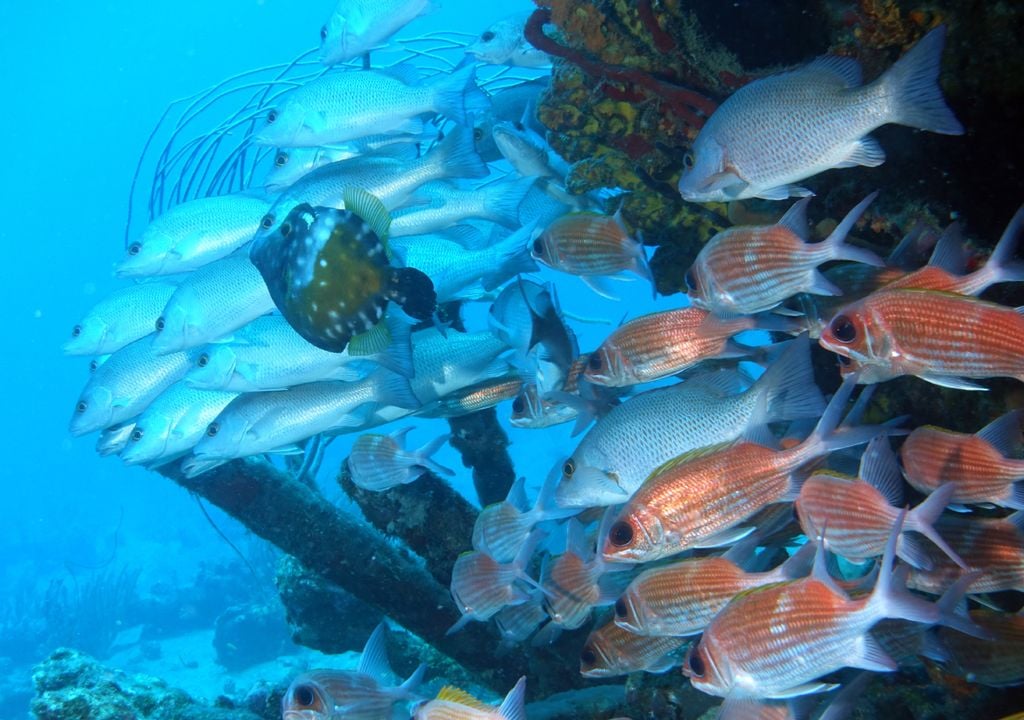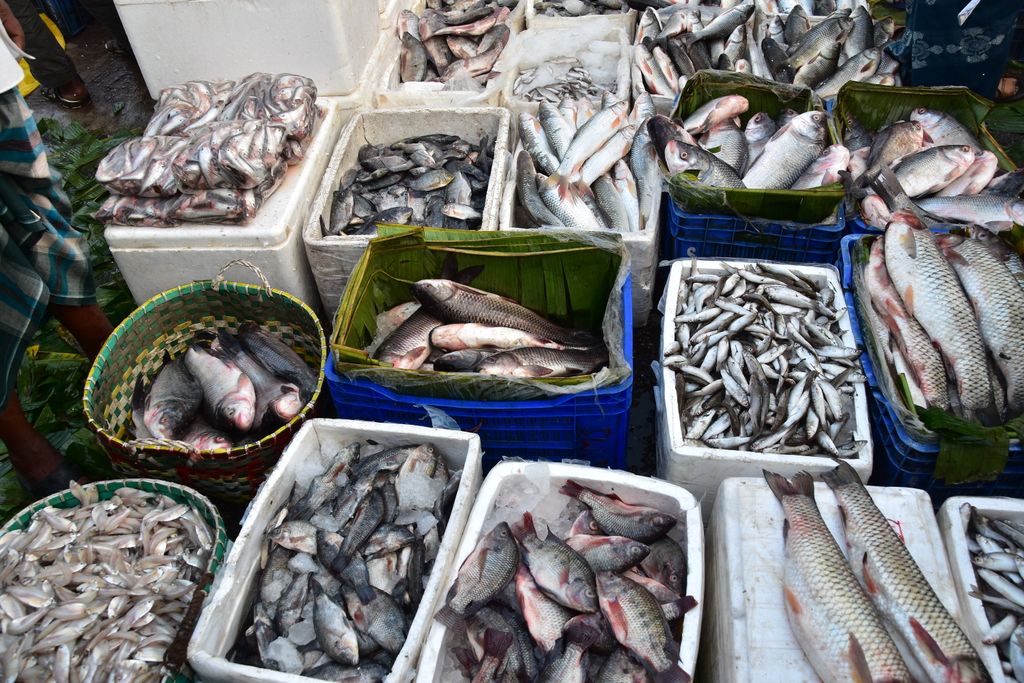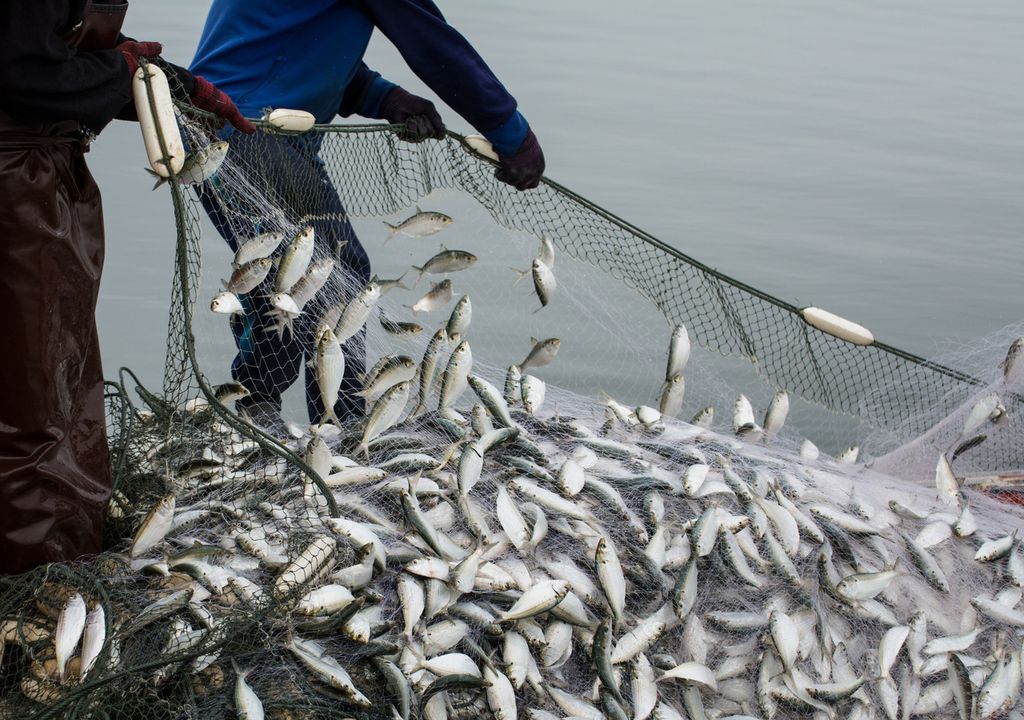The worrying warning of Australian biologists: There are many fewer fish than previously believed
Did you know that our estimates about the number of fish in the oceans could be seriously wrong? A recent study published in Nature has revealed that historical evaluations have been alarmingly inaccurate.

A recent study published in Science has shaken the fishing world, revealing that our estimates of the number of fish in the oceans have been alarmingly wrong. Next, we will analyse the results of this revolutionary work, how it was carried out and what it implies for the future of sustainable fishing.
The study that has shaken the scientific community has been carried out by a team of Australian researchers led by Dr. Rainer Froese, of the GEOMAR Helmholtz Center for Ocean Research in Kiel, and Dr. Daniel Pauly of the University of British Columbia.
Published in the prestigious journal Science, this paper examines the historical data of 230 fish stocks globally to evaluate the accuracy of the biomass estimates that have guided fisheries management.
How was the evaluation carried out?
To carry out their analysis, the team compared the historical estimates of fish biomass, obtained in the past for each population, with current evaluations.

They used updated data to model the biomass of the fish in the same period of time as the historical evaluations. This approach allowed them to identify significant discrepancies in biomass estimates.
The parameters evaluated included the number of catches, fishing effort and reproduction rates. Through this analysis, they found that the previous estimates were overly optimistic, and in particular for the overexploited populations.
Overestimations in fish stocks
The study revealed that historical biomass assessments often overestimated the productivity and recovery trajectory of fish stocks.
This translates into the appearance of "ghost recoveries", where an improvement in the biomass of the populations that, in reality, were still in decline or barely maintained was reported.
Inaccurate assessments led to inadequate fisheries management, allowing catch levels that were not sustainable and delaying the necessary measures to protect at-risk fish stocks.
What was the extent of the overestimation?
The results of the study indicate that about 29% of the populations classified by FAO as "maximally exploited in a sustainable way" should have been categorized as overexploited.

Within this category, the number of collapsed populations—those that have less than 10% of their original biomass—is 85% higher than previously estimated.
These errors have led to an incorrect assessment of fisheries sustainability, affecting both global fisheries policy and the health of marine ecosystems.
Towards a more accurate assessment
To address these issues, the authors of the study advocate a thorough review of current evaluation models. They criticise the complexity of existing models, which include more than 40 different parameters, and argue that this complexity often results in imprecise estimates.
They propose a simplification of these models, focusing on fundamental ecological principles and applying the precautionary principle. In practical terms, this means that, in situations of uncertainty, more conservative estimates should be used to safeguard fish stocks.
Fishery assessment models overestimate the sustainability of the worlds fisheries, according to a Science study of 230 fisheries, and populations of many overfished species are in far worse condition than has been reported. https://t.co/76o7H1JXwA; https://t.co/DlyC4Sn9XT pic.twitter.com/Y1pyI2SUUE
— Science Magazine (@ScienceMagazine) August 28, 2024
In addition, they highlight the urgent need for fisheries management agencies to review and adjust their methodologies to correct current biases and improve fisheries sustainability. The application of these adjustments could lead to more effective and responsible management, guaranteeing better protection of our marine resources.
News reference:
Rainer Froese, Daniel Pauly, Taking stock of global fisheries. Science 385,824-825(2024). DOI:10.1126/science.adr5487








